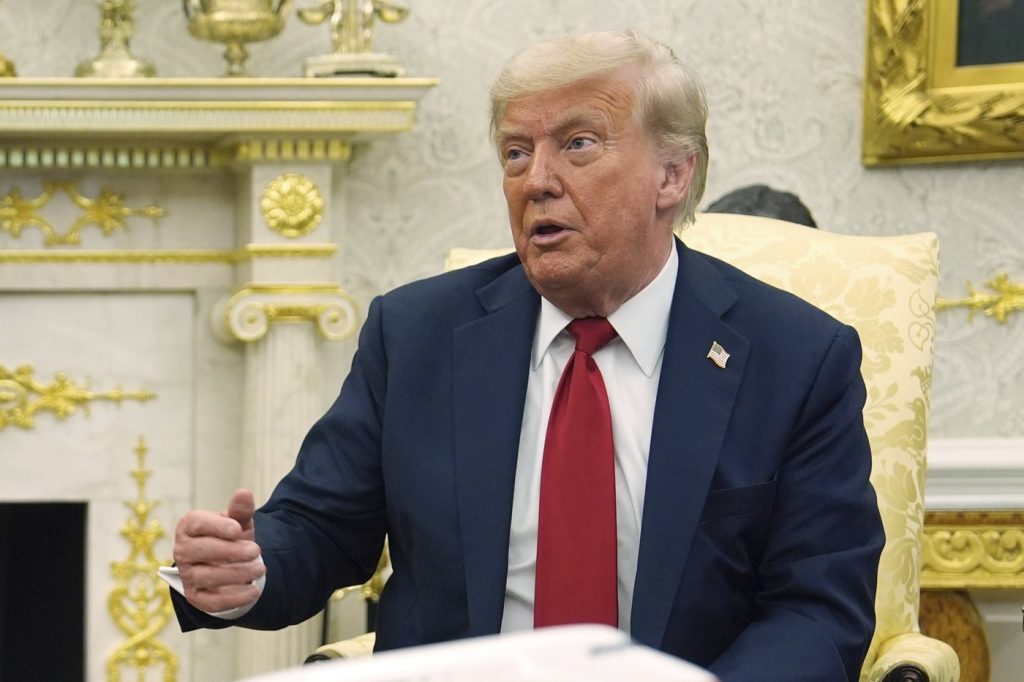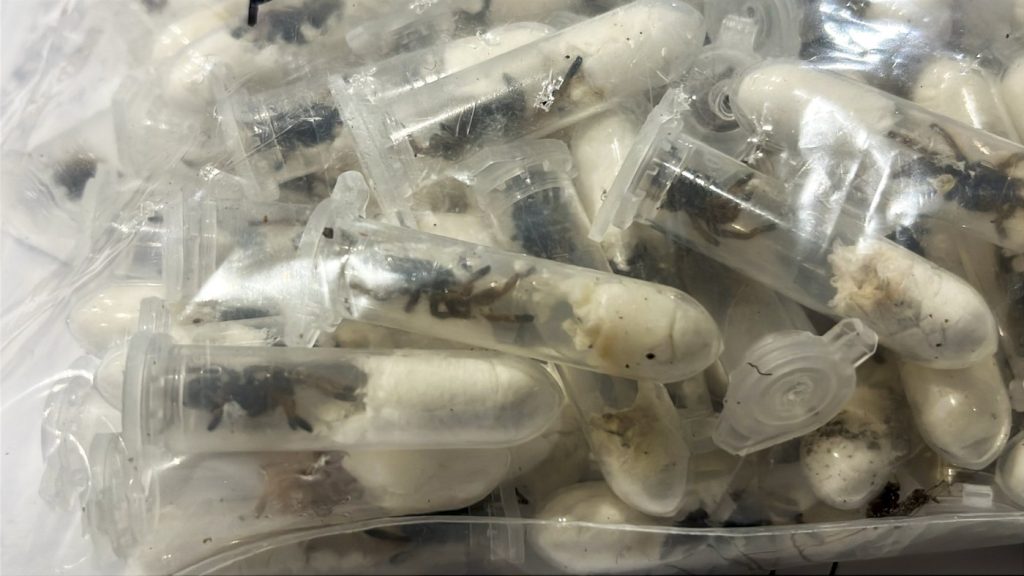On Monday, President Donald Trump escalated his rhetoric against Russia by threatening to impose steep tariffs while announcing a renewed pipeline for supplying American weapons to Ukraine. This shift comes amidst frustration over stagnant peace negotiations to end the war originated by Russian President Vladimir Putin’s invasion of Ukraine three years ago.
The president's latest moves represent a significant change in tone, as he had previously directed criticism toward Ukrainian President Volodymyr Zelenskyy, whom he accused of being unyielding in negotiations. Recently, however, Trump has expressed increased annoyance with Putin following continuous missile attacks against Ukrainian cities. “My conversations with him are very pleasant, and then the missiles go off at night,” Trump remarked, showing his frustration about the ongoing conflict.
Trump announced that he would implement “severe tariffs” unless a peace agreement is reached within the next 50 days, although particulars regarding implementation were scarce. He described these tariffs as secondary, aimed at targeting Russia’s trading partners to further isolate Moscow economically. Additionally, he stated that European allies would purchase substantial quantities of U.S. military equipment to aid Ukraine, with NATO Secretary-General Mark Rutte present during the announcement in the Oval Office.
Included in the proposed military assistance are Patriot air defense systems, which Ukraine has prioritized in its defense against Russian drone and missile attacks. Doubts about Trump’s earlier commitment to assist Ukraine arose after the Pentagon halted shipments amid concerns over dwindling U.S. stockpiles. Rutte indicated that countries such as Germany, Finland, Canada, Norway, Sweden, the United Kingdom, and Denmark would be contributing to the acquisition of weapons for Ukraine.
Following the Oval Office announcement, President Zelenskyy reported that he had a productive phone call with Trump, during which they discussed the necessary means to enhance protection against ongoing Russian aggression. Zelenskyy mentioned that Trump agreed to more frequent communication to coordinate future efforts.
Historically, Trump has touted his amicable relationship with Putin, asserting that Russia was more willing to pursue peace than Ukraine. However, as Russia's attacks on civilian targets escalated, Trump's tone began to shift. In April, he implored Putin to halt the assaults and expressed concerns that the ongoing violence was extending beyond any reasonable timeframe. His warnings reflected his growing impatience regarding the Kremlin’s actions.
During this time, Trump’s special envoy to Ukraine and Russia, retired Lt. Gen. Keith Kellogg, engaged in discussions with Zelenskyy in Kyiv about strengthening Ukraine’s air defenses, collaborating on arms production, and enhancing international sanctions against the Kremlin. Zelenskyy emphasized the necessity for U.S. leadership in stopping Russian ambitions through force if needed.
As Russia intensified its attacks on Ukrainian cities, the country faced a rising number of civilian casualties, with reports indicating June had the highest monthly fatalities in three years. Concurrently, Russia has renewed efforts to claim territory along the extensive front line separating both nations. In light of these developments, Trump confirmed that the U.S. would indeed send additional Patriot missile systems to Ukraine, funded by sales to the European Union.
Critics of Trump’s strategy noted the potential drawbacks of his tariff proposals. A senior Russian lawmaker claimed that only the U.S. military-industrial complex would benefit from Trump's approach. Analysts also suggested that while imposing tariffs could theoretically pressure Russia, the logistics of implementation and the already-established international trading routes might prove challenging.
Despite suggesting tariffs, Trump also expressed uncertainty concerning the necessity of bipartisan legislation aimed at imposing additional sanctions. Nonetheless, the co-sponsors of a sanctions package in Congress praised Trump's actions while advocating for a coordinated effort that includes both congressional oversight and presidential flexibility in implementation.












